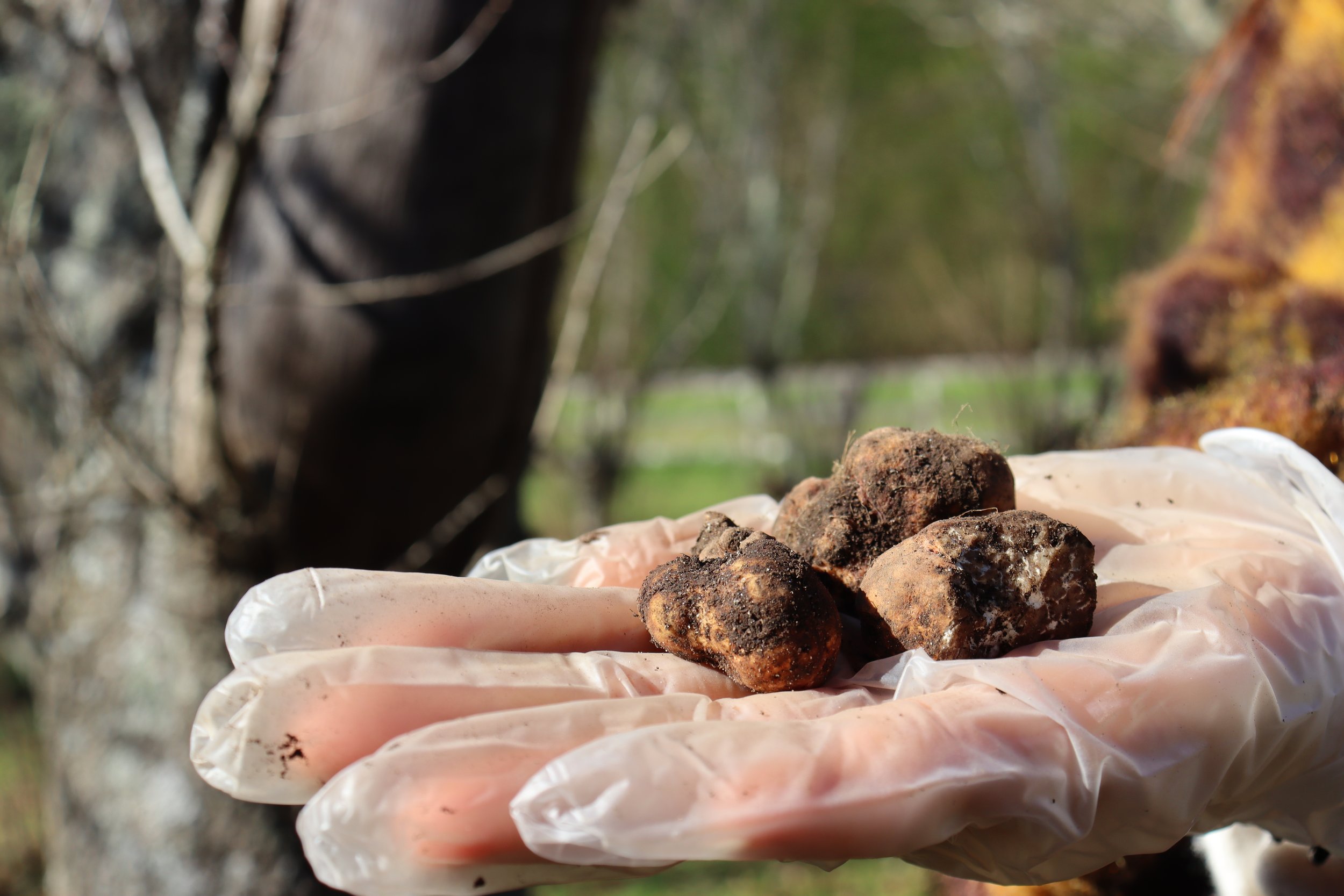Kai for the soul
Full of flavour and good for you too, contemporary Māori foods combine traditional knowledge with modern methods.
Words Stacey Jones
Coming off the back of Kitchen Takeover's most recent pop-up restaurant alongside passionate advocates of Māori culinary cuisine, Kasey and Karena Bird, it struck me how the indigenous food and beverage space has grown since the last time we were in the kitchen together. This is a trend happening throughout New Zealand, with a rising number of Māori food producers inspired not only by traditional foods, but also by the methods in which to produce them.
When I asked Karena about this growing trend, she explained that what makes this space so interesting is that Māori ingredients blend together not only delicious flavours but also strong health properties. “It’s a holistic way of eating that reflects the Māori way of life in general. It’s not only food – it’s how that makes your wairua (living soul) feel. The energy it brings to your life. It’s such an exciting and changing space, and it's great to see more people wanting to use and learn about Māori ingredients.”
I'd like to share some of our leading Māori food producers making waves on the world stage – not only do they taste great, they make you feel great too.
Wai Mānuka is set to become the next big thing in non-alcoholic beverages, with a new drink that is inspired by Māori culture and ingredients. Wai Mānuka combines water (wai) with mānuka honey to create a premium
non-alcoholic beverage.
The brand was founded back in 2020 by “three Maori boys” from Whakatāne during the height of lockdown. Founder Joe Harawira explained, “It was New Year’s Eve and I was drinking pineapple kombucha, and it tasted gross. So after a bit of ribbing from my friends, we started to think about other non-alcoholic drinks that could elevate the occasion and taste great.”
Within just months of launching, the brand was selected as the chosen non-alcoholic supplier for the America’s Cup, alongside Coca Cola. “Since then we have been on a meteoric rise – within just 18 months we are in 33 supermarkets, 25 hospitality venues, supported major New Zealand events and have just started a trail in Tokyo. We intend to become a global brand representing Aotearoa.”
Manufactured in and distributed from Tauranga, they are focused on sustainability. Honey is sourced from Whakatāne and the lemon juice from a family in Hawke’s Bay. “My mum puts it best when she sums up the drink,” says Joe: “He taonga utu nui na Aotearoa – a precious gift from New Zealand.”
While truffles probably don’t spring to mind as a traditional Māori ingredient, we know from looking back at the history books that truffles have a long history of use as a food in many cultures, and in the mid-1800s, pioneer missionary Reverend Richard Taylor wrote that Māori “esteem [them] as an article of food.”
Ohiwa Black Diamonds is a truffle producer based in Whakatane, making truffle oil, salt, honey and more. Run by husband and wife team Matiu Hudson and Annette Munday, their truffière produces more Black Perigord truffles per hectare than any other truffière in the country. Matiu works with Māori land trusts and farmers around New Zealand to grow truffles on unproductive land.
A truffle’s health properties are playing a key part of the brand’s focus on export in the coming months as they hit the world stage. "It's claimed that truffles have anti-ageing and anti-oxidant properties, so we're looking to tap into that," says Annette.
Manawa Honey was founded by the Tūhoe Tuawhenua Trust. It focuses on wild honey gathering, or te nanao miere, in Rutahuna, located in the heart of remote untouched indigenous forests known as Te Urewera.
Using traditional methods, with a focus on sustainability, they are producing some of the world’s best honey right here in the Bay of Plenty. So much so that they won the Grand First Prize for the Best Tasting Honey in the World at the Black Jar International Honey Tasting Contest in 2021 with their Rewarewa Honey. Not only does it taste delicious, but their honey has strong antibacterial, anti-inflammatory and antioxidant properties too.
“In the past, we have been a bit reluctant to promote our honey because our old people say, “Kāre te kūmara
e kōrero mō tana reka – A sweet potato doesn’t boast about how sweet it is!” But we know that to be successful, we must let the world know.”
If you’re interested in finding more Māori food suppliers locally, be sure to check out Kāuta (kauta.co.nz). Established by chef Grant Kitchen, it aims to connect consumers to authentic Māori food supplies at the source.
waimanuka.co.nz
Manawahoney.co.nz
truffles-ohiwa.myshopify.com



